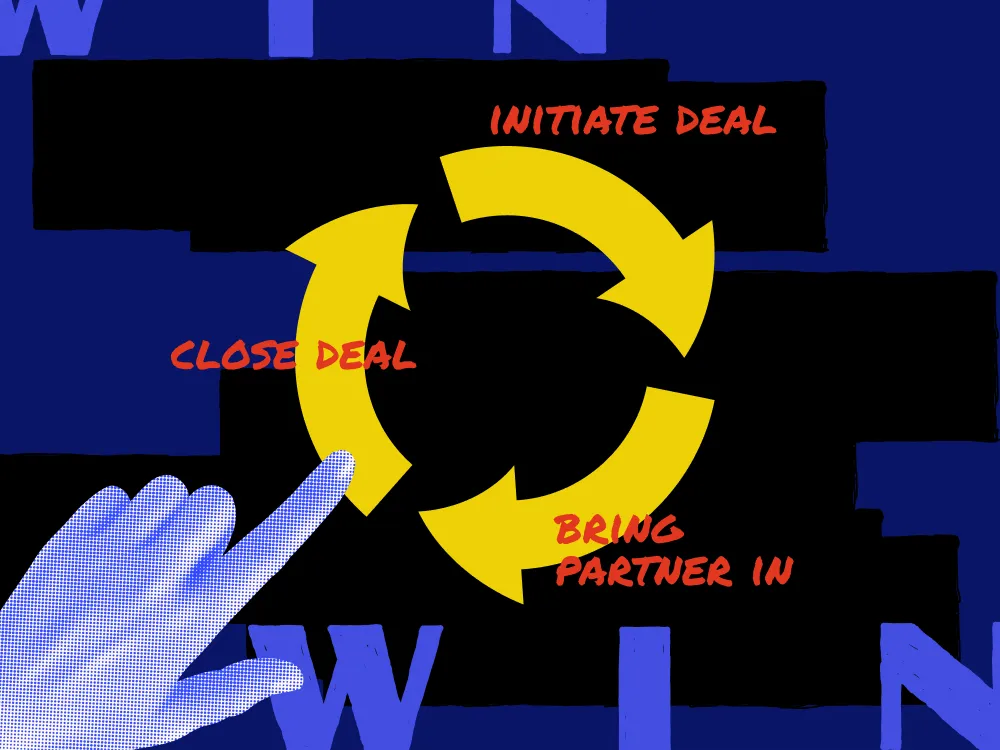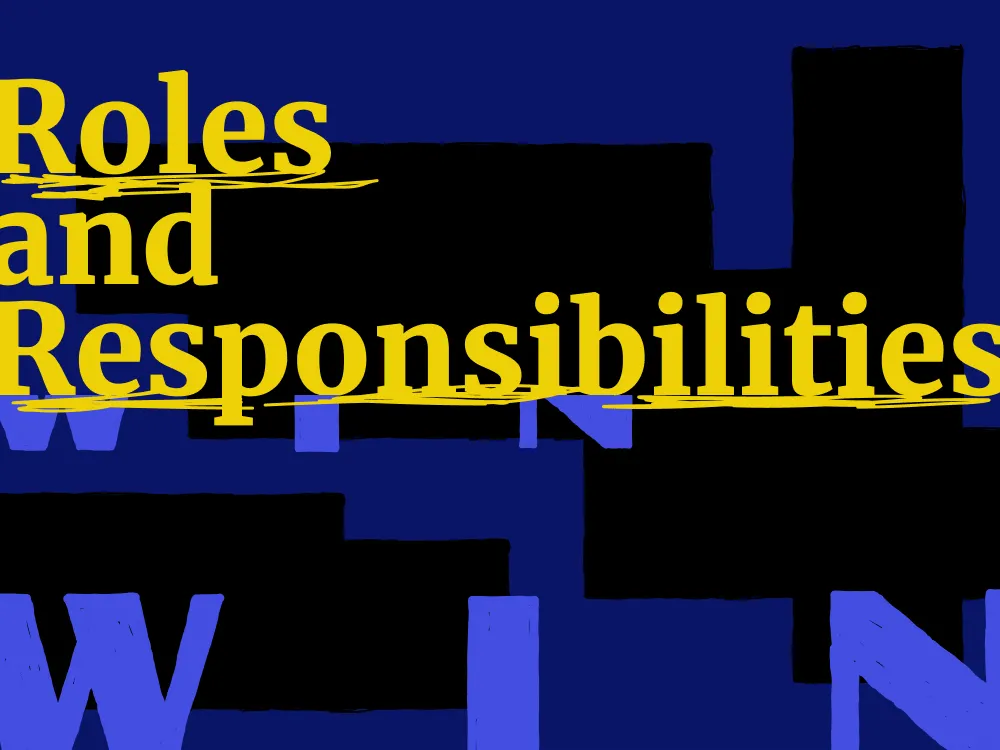A partner manager is a secret weapon that makes a partnership successful. That’s because they work with business partners to identify mutually beneficial opportunities that lead to growth and revenue. Read on for tips on partner relationship management and deal closing strategies from PartnerStack’s Senior Manager of Channel Partnerships, Nicolette Lopes.
Create alignment with partner priorities
“The number one thing a partner manager would always think about is that different types of partners will always serve a different purpose within a deal cycle,” says Lopes. She goes on to share that when there’s an opportunity to bring in multiple partners because of the types of services or offerings provided, it’s the partner manager’s responsibility to understand and align with what the partner cares about and how they would be involved in a deal cycle.
Understand where partners fit at all stages of the deal cycle
“You don’t want to ask them to get involved in an inorganic way to their business,” she says. An example would be reaching out to someone who is a referring partner for help supporting the sale. “Calling them in the 11th hour of a deal cycle and asking them to help push it forward would be something that would likely be outside of their comfort zone.” Rather than help close the deal, this misalignment could actually hinder your business, and your partner relationship.

See more: Optimizing your partnership funnel for signs of leakage.
Know the state of your partners’ business
Lopes advocates for constant communication with partners, especially when closing a deal. “You need to know the good, the bad and the ugly,” she explains. That includes being aware of upcoming vacation time, code freezes, whether certain divisions within their organization are at risk of being dissolved or have an opportunity for growth, or if they're coming up on quarter end and won’t be responsive for several weeks. “It really is like a relationship…you want to know a lot more than just how that one deal that we're working on together is tracking,” she explains.
Ensure that partners understand your business model
On the flip side, Lopes says assuming that your partners are going to understand your business model and how it fits into theirs is pretty selfish. She says it's important to go into a deal understanding all the players involved, what their roles are, and only then talk about the partnership in relation to what it does for them.
It’s important that channel and partner managers build relationships that not only lead to short-term wins but create long-tail opportunities and future investment to grow both the relationship and revenue into the next year. That’s why it’s key to keep communications open and flowing at all times.
Know your partner’s business objectives
Lopes shares the exciting update that PartnerStack is developing interesting initiatives with distribution and marketplace partners. “We're in the process of building these go-to-market programs alongside them [distribution and marketplace partners]. There's a lot of steps that we have to take before we can even get in front of clients, let alone generate those deals with them.”
Apart from understanding the business objectives of partners, Lopes says it’s also about understanding how PartnerStack fits into that understanding. That includes knowing what internal teams at the partner organization are responsible for every point of a program, making sure that they're informed and involved at the exact right stage.
“There's a really big feedback loop that goes on for several months where we need to make sure that the value proposition is resonating,” she explains. “We need to make sure that from a technical perspective and from a branding perspective, that all those boxes are checked before we can actually get in front of a client and start generating deals.”
You might also like: 10 skills any partnerships manager should have to succeed.

Recognize roles and responsibilities
One of the worst things anyone can do during a deal is to expect the other partner to do all the work. It’s the work version of a group project in school, and we all have at least one terrifying memory of those.
“A lot of the time partner managers will expect that once they bring a partner in, the partnership is going to take care of everything,” says Lopes. “They're going to deal with it and it's just going to come into us as revenue.” She says making that assumption is a really big mistake — as a partner manager, you need to continue to support your partners throughout that process and make it easy for them to bring you business.
One way to avoid these assumptions is to set expectations with your partner on roles and responsibilities before you enter a deal cycle. Ensuring information and communications are flowing both ways can be logistically demanding and newer partner managers can get overwhelmed from a capacity standpoint. This can lead to them only planning one to two steps ahead and lacking long term vision, says Lopes.
Using technology to support, not manage, relationships can increase the chances of closing a deal to everyone’s satisfaction, she continues. PartnerStack’s all-in-one ecosystem tool is powerful technology that supports partnerships but that human touch is still key.
Lopes shares a final piece of advice for partner managers looking to close more deals. “You should be having a least one call with your partner a week to talk about joint opportunities, making sure you're continuing to be aligned and leveraging the tools that you have at your disposal.”
Read more: Expert tips on running a successful partnership program.

















